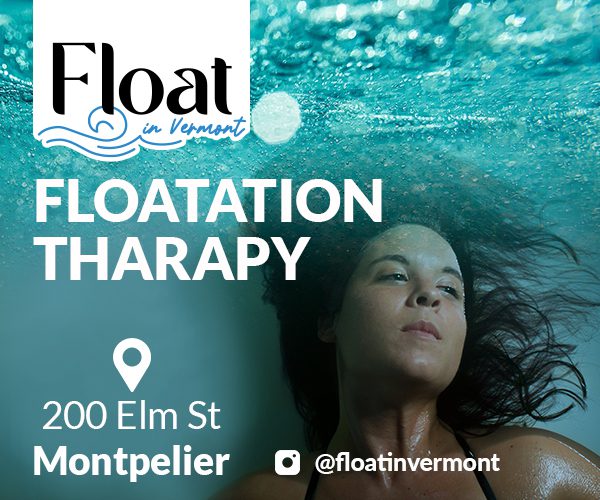
Therapeutically by combat veterans and active service members
Floatation-restricted environmental stimulation therapy (REST) is increasingly being used therapeutically by combat veterans and active service members due to its benefits for physical, cognitive, and emotional health. While sensory deprivation in a float tank has been shown to offer benefits for relaxation, stress reduction, and recovery for all people, it may be especially beneficial for people who have been through something as mentally and physically strenuous as deployment. Similarly, it can also be beneficial for athletes who have been through long spans of rigorous training.

Benefits of Flotation Therapy For Military Members and Athletes
There are many benefits of flotation therapy for military members. Dr. Josh Hagen from the Rockefeller Neuroscience Institute at West Virginia University outlines some of the benefits in this video. He found that floating benefits cognition, health, and performance in military members. Other benefits of this relaxing practice include:

● Stress Reduction:
Research shows that floating may reduce stress, anxiety, and depression by reducing input received by the brain and nervous system. For this reason, flotation therapy may be especially beneficial for people who struggle with anxiety disorders. During flotation, people experience a triggering of the parasympathetic nervous system that enables the body to shift into deep states of relaxation and weightlessness.

● Relief for Pain and Soreness:
Floating in saltwater float tanks may provide the added benefit of organic pain relief. In addition to providing a physically relaxing environment, a float tank can also help to release endorphins that act as natural painkillers in the body. This is important for athletes who struggle with injuries.

● Better Sleep:
Researchers have discovered that float therapy can improve sleep quality. This is significant because both active and retired service members report getting far less than the recommended amount of sleep for adults. According to research, 60 percent of service members get fewer than six hours of sleep per night. For those who have been deployed at some point, this goes down to just five hours of sleep. Poor sleep is linked with a myriad of issues affecting physical and mental health, cognition, and mood.

Many veterans have also shared personal testimonies of float therapy helping them to overcome symptoms of post-traumatic stress disorder (PTSD). Unlike other treatments, floatation REST can be used frequently without any side effects. What’s more, it is a low-cost practice that doesn’t require a big time commitment.
Floatation REST shouldn’t necessarily be looked at as a replacement for traditional therapies. However, research makes it clear that sensory deprivation in a float tank provides a variety of benefits for improving everything from mood and concentration to sleep without creating any adverse side effects.
Floatation can provide a way to feel empowered
For some service members, using a holistic option like floatation REST can provide a way to feel empowered about tackling mental health. While it can sometimes be hard to seek therapy and other resources when struggling, simply signing up for floating sessions can be an inconspicuous way to seek out the relief and healing that is so important for your overall health.







